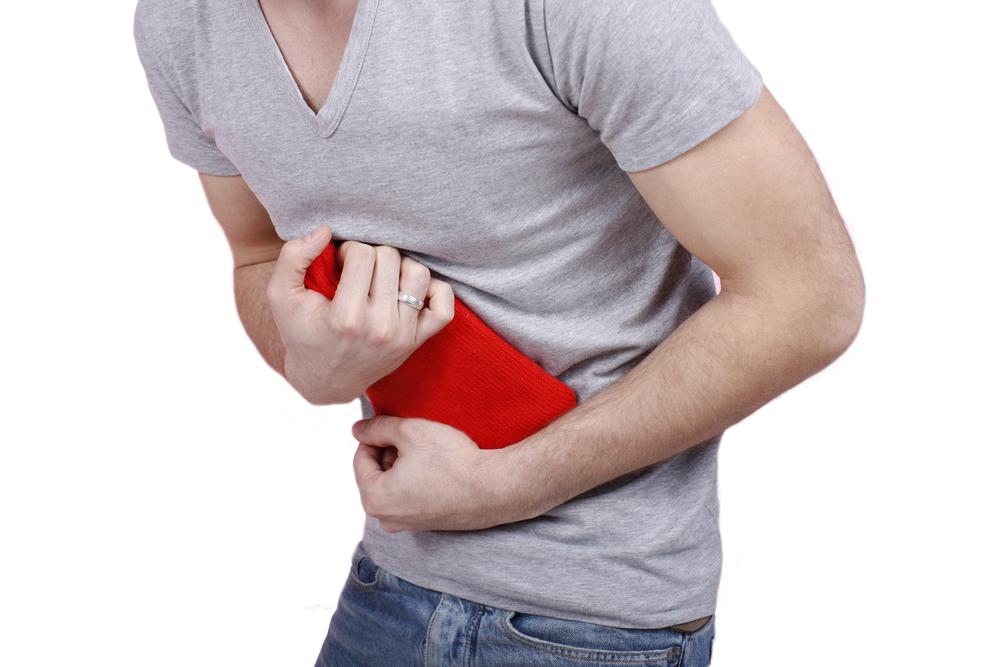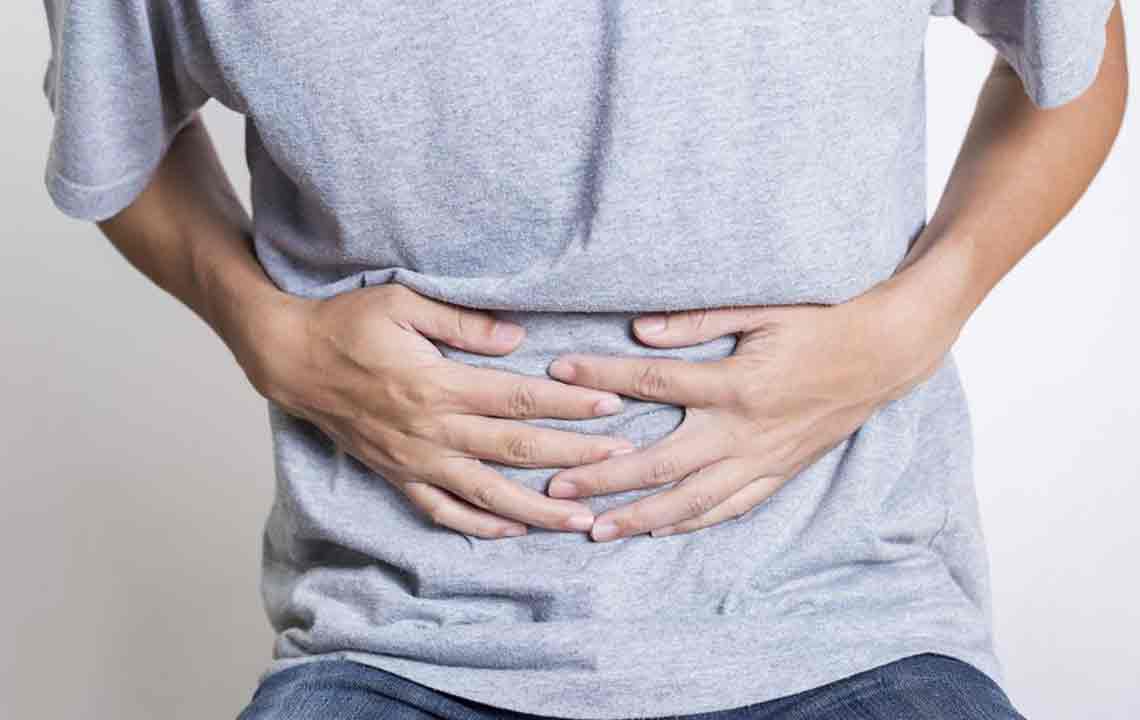Understanding Diarrhea: Causes, Symptoms, and Treatment
This comprehensive overview explains the causes, symptoms, and treatment options for diarrhea. It highlights the importance of hydration, dietary changes, and medical consultation for severe cases. Understanding these aspects can help prevent dehydration and serious health complications related to diarrhea. Ideal for raising awareness and promoting timely healthcare intervention.

Understanding Diarrhea: Causes, Symptoms, and Treatment
Comprehensive Guide to Diarrhea
Diarrhea is a widespread health issue affecting many individuals worldwide. It is characterized by frequent, watery stools that can vary in severity. According to the World Gastroenterology Organization, over 2 billion cases of diarrheal illnesses are diagnosed annually, with children under five being particularly vulnerable, especially in unhygienic environments where it can be fatal.
Not all increased stool frequency indicates diarrhea; normal variations exist depending on metabolism and diet. For example, breastfeeding infants often have loose, pasty stools, which are normal. However, diarrhea remains a significant concern due to its potential to cause dehydration and serious health issues.
Diarrhea can be minor or severe, with symptoms like loose, watery stools often mixed with mucus, blood, or fats. Additional signs include weakness, fever, abdominal pain, nausea, and bloating. Recognizing dehydration symptoms—such as dry mouth, dizziness, low urination, and irritability—is crucial to prevent complications.
Causes of diarrhea are diverse, including bacterial, viral, and parasitic infections, often leading to illness like stomach flu. Other contributors include dietary changes, food intolerance, excessive alcohol consumption, gastrointestinal diseases such as Crohn's or celiac disease, malabsorption syndromes, certain surgeries, medication side effects, and in children, predominantly viral infections.
Addressing diarrhea involves hydration, dietary adjustments, and medications when necessary. Drinking plenty of fluids like water, oral rehydration solutions, and diluted fruit juices helps prevent dehydration. Avoid carbonated drinks and spicy, greasy foods. Probiotic drinks may aid recovery. Severe cases may require antibiotics or anti-diarrheal medications prescribed by a healthcare professional. Recognizing when to seek medical advice is essential, especially in persistent or severe cases, or if symptoms worsen.
Consult your doctor if diarrhea persists beyond two days, involves dark or tarry stools, high fever, dehydration signs, blood in stool, or associated symptoms like weight loss and dizziness. Early intervention can facilitate faster recovery and prevent complications.
This guide provides essential insights into diarrhea, emphasizing prompt management and when to seek medical help for optimal health outcomes.










